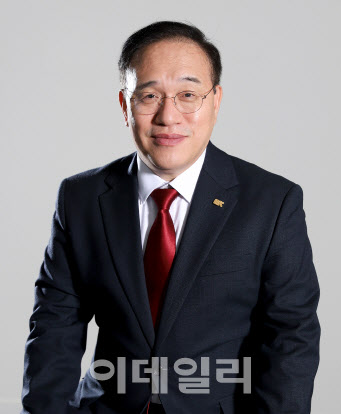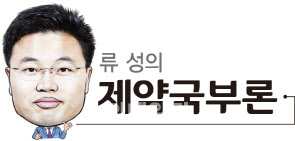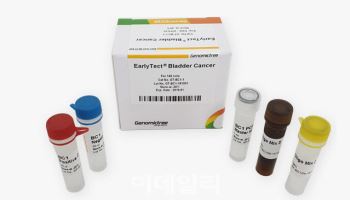Unauthorized reproduction or distribution is illegal and subject to criminal penalties.
Pharm Edaily enforces a zero-tolerance policy and will take strict action.
[Yoo Sung, Head of Bio Platform Center, Edaily] Active pharmaceutical ingredients (APIs) are core components used to manufacture medicines. However, since APIs are only intermediate materials, the business structure leaves little room for product differentiation. As a result, in this business price is everything.
For years, APIs imported from China and India have dominated South Korea’s market. As of 2023, the nation’s API self-sufficiency rate was a mere 25.6%. Most domestic pharmaceutical companies prefer lower-cost imports, leaving local API manufacturers struggling to survive.
The API sector is now seen as a textbook red ocean within Korea’s bio industry. Companies already in the market are either exiting or diversifying. New domestic entrants are virtually nonexistent.
Despite these headwinds, one Korean firm has shifted the paradigm through technical differentiation: MFC, a leading domestic API specialist.
“If nothing changes, APIs from China and India will completely dominate the domestic market. Korean API manufacturers will vanish. We found our solution in patents,” said Hwang Sung-kwan, CEO of MFC, in an interview with Edaily on April 23.
Hwang explained that MFC develops APIs with distinct efficacy and stability, protects them with patents, and uses these as a barrier to entry. As a result, the company has sustained annual growth exceeding 20%. In 2024, MFC posted KRW 20.6 billion ($15 million) in sales and KRW 1.6 billion ($1.2 million) in operating profit.
Since its founding in 2008, MFC has focused on R&D and patents. Of its 70 employees, 39 are advanced degree holders in relevant fields. The company holds 13 patents and 37 DMF (Drug Master File) registrations, the highest in the domestic API industry.
 | | Seong-Kwan Hwang, CEO of MFC. Courtesy of the company. |
|
“Our patented APIs are so specialized that customers can’t easily find substitutes. This gives us pricing power and enables long-term, stable partnerships with finished-drug manufacturers,” Hwang noted.
MFC has formalized a patent reward system where researchers who file successful patents receive 1% of the resulting product’s revenue as incentive. This model has secured the company exclusive, long-term supply deals with major Korean pharma companies including Kolon Life Science, JW Pharmaceutical, Samjin Pharmaceutical, and Kyungbo Pharmaceutical.
Asked how MFC became a patent powerhouse, Hwang cited its top-tier talent. Combining the API research experience of executives like Hwang himself (29 years), Vice Presidents Seo Ki-hyung (25), Park Jang-ha (33), Park Jun-sung (30), Choi Young-jae (24), and others, MFC boasts a cumulative 180 years of API R&D experience.
“A self-sufficiency rate of only 25% in APIs is not just a supply issue, it threatens national pharmaceutical security,” Hwang warned. “Strengthening domestic API competitiveness is vital for K-Bio’s global ambitions.”
He emphasized the urgent need for robust government policies, including tax incentives, R&D subsidies, and pricing advantages for companies using domestic APIs.
“API development is the cornerstone of a high-value biopharma ecosystem. For a resource-scarce country like Korea, this industry is not optional, it’s essential.”




![Xcell Therapeutics Hits Upper Limit...Celemics·QuadMedicine ↑[K-Bio Pulse]](https://image.edaily.co.kr/images/vision/files/NP/S/2026/02/PS26020600366b.jpg)






